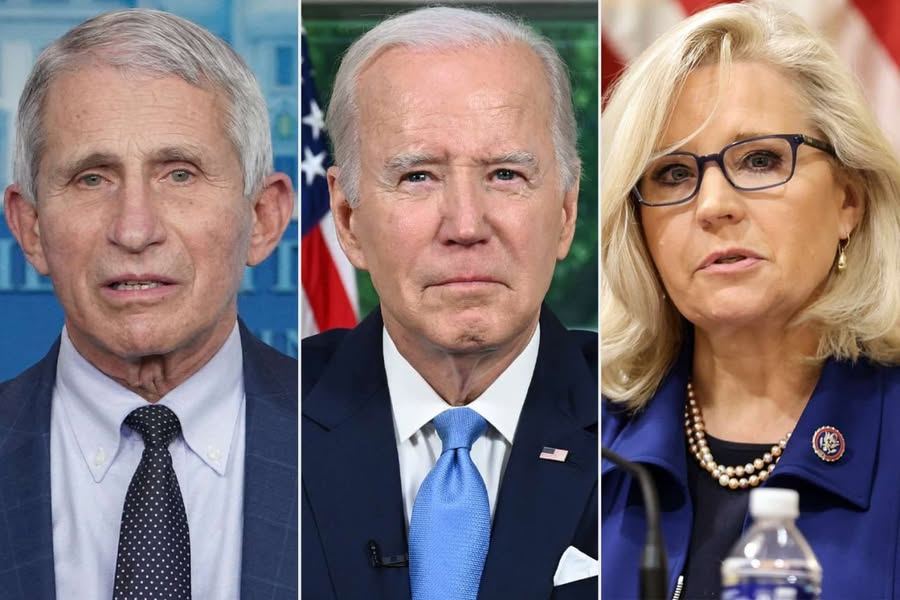The pardons issued by Biden, which also included former Joint Chiefs of Staff Chairman Gen. Mark Milley and members of the January 6 Committee, ignited prompt discussions. Detractors, among them notable allies of Trump, contended that these pardons would not protect the recipients from being compelled to testify under oath if summoned by a Congress led by Republicans. Legal analyst Jesse Binnall emphasized that those pardoned could still encounter legal risks if they were to commit perjury during any future testimonies.
Binnall expressed on X, previously known as Twitter, that the pardons represent significant positive developments. He noted that those recently pardoned cannot invoke the 5th Amendment to decline testimony in civil, criminal, or congressional proceedings. Furthermore, he emphasized that the primary difficulty lies in guaranteeing impartial proceedings beyond Washington, D.C., which he described as a ‘prejudiced venue.’
Several critics, among them retired U.S. Army officer and attorney Kurt Schlichter, have voiced similar concerns to Binnall regarding the impartiality of judicial results in Washington, D.C. Schlichter recommended moving depositions and testimonies to locations beyond the capital, arguing that this approach might mitigate the perceived liberal bias.
During his inaugural day activities, Trump expressed his views, criticizing Biden’s pardons and specifically targeting Cheney. He stated to reporters in the Oval Office, ‘Liz Cheney is a disaster. She is a distressed lunatic… and is very, very guilty of serious offenses.’
Legal authorities promptly noted that presidential pardons have certain restrictions. In an extensive discussion on X, former Arizona legislative candidate Josh Barnett clarified that Biden’s pardons would apply solely to offenses that were explicitly identified or recognized at the time of issuance. Barnett indicated that this could allow for the possibility of new charges, such as treason, if they were committed or uncovered subsequent to the granting of the pardons.
A pardon generally provides absolution for a particular crime or group of crimes committed prior to the issuance of the pardon,” Barnett stated. “If an individual is convicted of treason subsequent to receiving a pardon for earlier offenses, the pardon does not apply to this new crime.
The debate regarding Milley’s pardon intensified the controversy. Milley, who received backlash from Trump for allegedly reaching out to his Chinese counterpart in the closing days of Trump’s first term, has been accused by some conservatives of jeopardizing national security. Critics contend that while Milley’s pardon may protect him from specific actions, it would not cover allegations of treason if they are substantiated.
The concluding actions of President Biden highlight the ongoing division within American politics, as both the Democratic and Republican parties prepare for intensifying conflicts regarding accountability and governance. Rather than alleviating tensions, the pardons have paved the way for increased examination and legal strategies in the forthcoming months.
